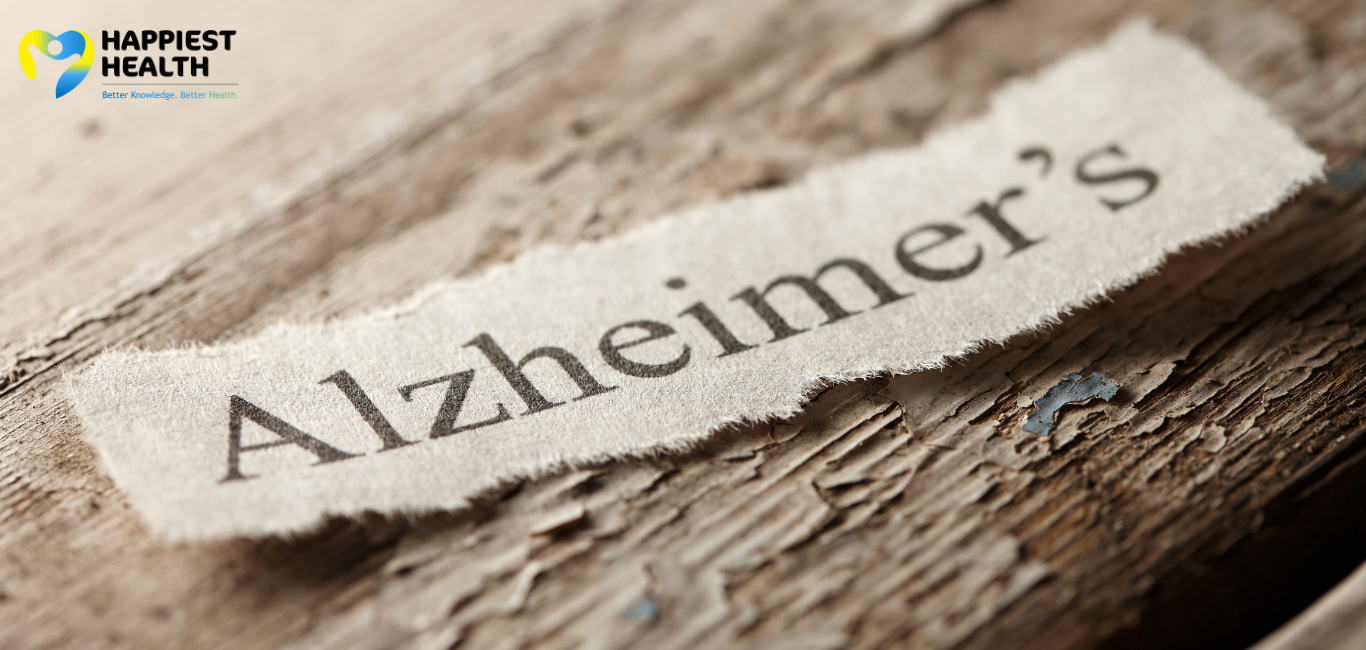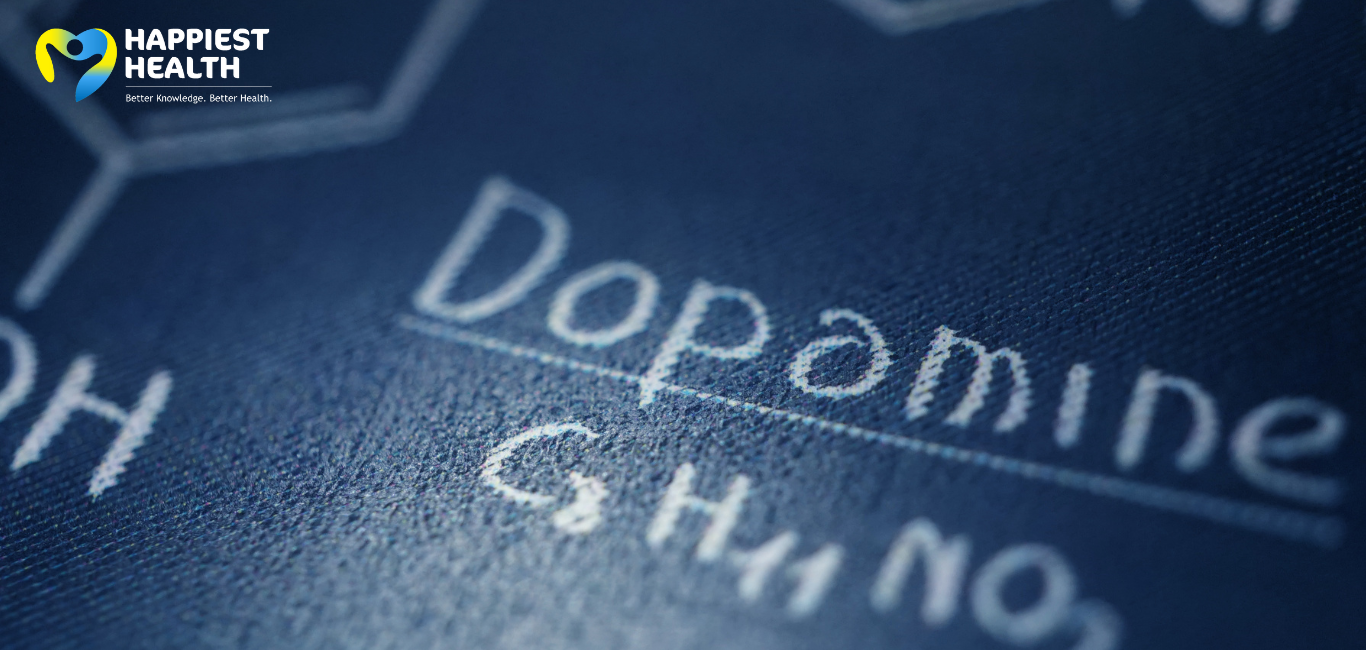
A team of researchers has found that a short nap will help retain information, especially when it comes to learning interdependent tasks that need to be performed in sequence.
The study published in PLOS Computational Biology suggests that sleep aids in consolidating memories and boosting learning performance.
When we try to recall anything, some part of the neural network is stimulated with specific patterns of brain activity. “This study helps in understanding these patterns of neural spiking,” says Dr Pavel Sanda, author of the study from the Institute of Computer Science of the Czech Academy of Sciences, Czechoslavakia.
Jean Erik Delanois, a co-author of the study from the University of California San Diego School of Medicine, USA, says, “Good quality sleep is an important part of learning better and remembering things.”
Exploring sleep with AI
The researchers used artificial intelligence-based neural networks to study how the different parameters of the brain processed information. Specifically, they used the SNN or the spiking neural network model. The SNN is a third generation of artificial neural networks designed to mimic and represent the neural activity of information processing in the human brain.
Artificial neural networks are made by replicating the network of neurons in the human brain. This is done with the help of algorithms and programming. The researchers construct interconnected nodes that behave similarly to the brain’s nerve cells. In this way, artificial neural networks aid in understanding the brain’s ability to learn and process information, although not entirely.
The researchers observed that the process of reinforced learning often led to catastrophic forgetting. Catastrophic forgetting is a phenomenon where new data overwrites previously learned information. As a result, the network’s ability to hold the information for a longer period was compromised.
To address this limitation, they allowed the network to spontaneously mimic the restorative effect of sleep. In addition, the researchers say that incorporating sleep-like activity into artificial neural networks could help enhance their learning and memory capabilities.
Read more: Study hard, sleep harder: Top tip to score well in your exams
Sleeping and replaying the information
Dr Balaji Jayaprakash, associate professor at the Centre for Neuroscience, Indian Institute of Science, Bengaluru, highlights the importance of sleep, in consolidating memories through an example from Frankland lab.
The Frankland lab’s study has shown that during sleep, the firing of neurons follows a particular pattern. And disturbances of these patterns can prevent memories from being retained.
When we start learning new tasks, there is a slight performance improvement in new learning. However, simultaneously, the synaptic connectivity (communication between neurons) responsible for the older task gets reduced slightly.
If we learn a new information that is similar to a recent event before the recent event gets consolidated, our brain ends up NOT storing both.
When learning the new task is spaced with a short nap, it allows for recovering the older learning. This is because bits of specific memories replay during sleep – by an amalgamation of new and old learning; this enables performing multiple tasks.
Dr Sanda says the memory is stored in the strength of the neuronal connection. So, when certain groups of neurons get activated together, they form a pattern which corresponds to a particular memory.
“What we are doing with this model is that we have these connections; some of them we are strengthening, and some of them weakening. So we are basically creating this structure of memories,” he says.
Deep sleep and its effect on memory
Each sleep cycle goes through two phases – rapid eye movement (REM) sleep and non-rapid eye movement (NREM) sleep – that have different effects on memories. For example, in REM sleep, motor skills and habits-related memories strengthen. While in NREM, learning facts or events like declarative memories (recollecting unique memories) consolidates. The brain’s offline (during sleep) memory consolidation helps to protect memories from interference. Moreover, it enables the integration of new learning with previously learned knowledge. Thereby aiding in long-term information retention and circumventing catastrophic forgetting.
Read more: Doctor sleep: understanding the stages of sleep
Feed-forward inhibition
Dr Jayaprakash says the study depicts a phenomenon called feed-forward inhibition, which is an essential factor in differentiating two similar memories.
He says a set of neurons can form the basic unit of information storage. When presented with two pieces of information, they may seem alike due to shared characteristics. However, the brain focuses on unique characteristics present in one piece of information that is lacking in the other and thus differentiates the two.
He further explains that consistent practice aids in the ability to discern subtle distinctions between similar information.
Dr Sanda points out that contrary to the belief that naps are wasteful, they help in memory and retention. “Taking a nap might actually help in forgetting less. So, sleep regularly, and don’t believe that nap is just a waste of your time. It helps you remember,” he sums up.


















11 Responses
Yeah I agree.In my opinion these days every single person suffers from this.but yoga is a wonderful tool to sleep tight and improve overall health.
Dear Kriti Goyat,
We are glad to note you resonate with the article.
Stay engaged for many more insightful articles.
Very informative & good article.
Dear Rajesh Kumar Chaudhary,
We are glad you found the article informative.
Stay engaged for many more insightful articles.
Very good article to make ourself fit and revise more
Dear Vansh Singh,
Thank you for your positive feedback
Highly informative
Dear Anjna,
We are glad you found the article informtive. Thank you for your feedback.
Stay engaged for many more insightful articles.
Very important awareness
Dear Surendra Vyas,
Thank you for the positive feedback.
We look forward to your continued engagement with our articles.
Dear Sathyanarayana,
Thank you for your positive feedback.
We look forward to your continued engagement with our articles.